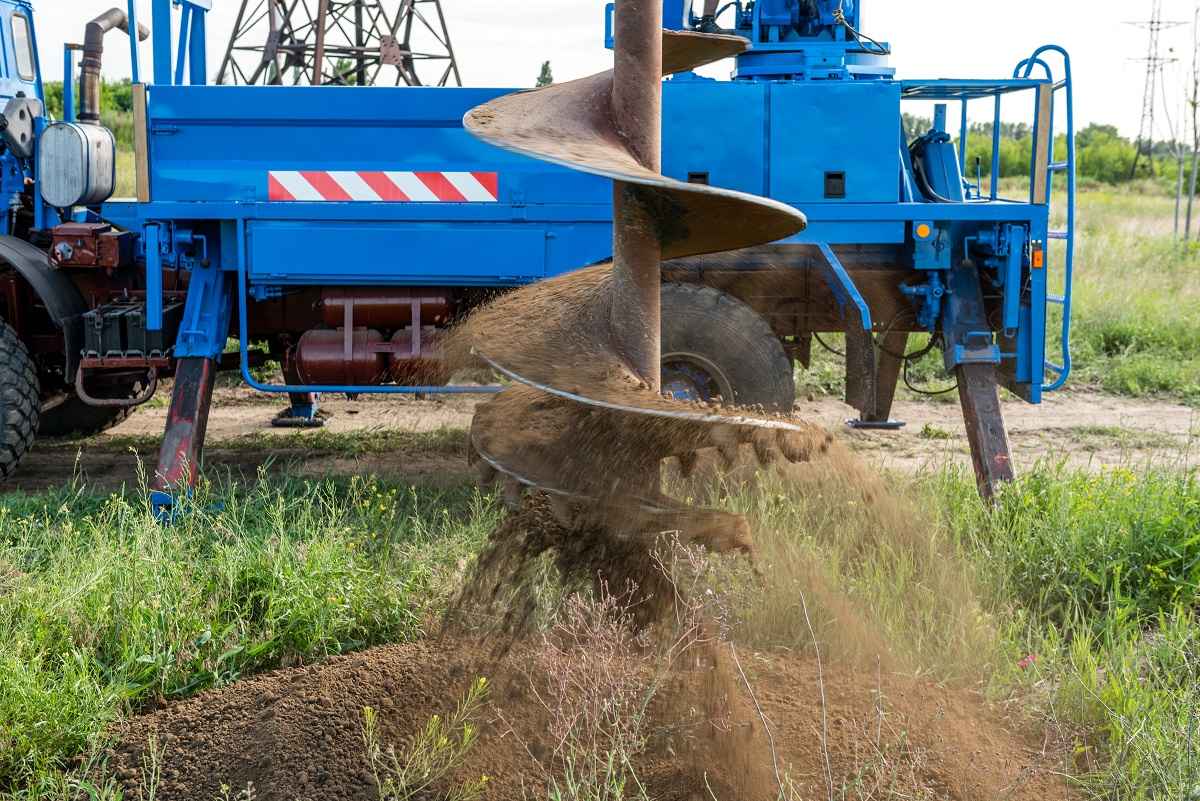What Does a Geotechnical Engineer Do?
A geotechnical engineer is a specialized branch of civil engineering focused on analyzing and manipulating earth materials. These engineers study soil, rocks, and other subsurface components to ensure the safety and stability of structures like buildings, roads, and bridges. A geotechnical engineer’s work is critical to construction projects, as they provide insights into how the ground will react to various stresses.
Geotechnical engineers conduct site assessments, collecting soil samples and performing laboratory tests to determine the strength and stability of the ground. They evaluate risks such as landslides, earthquakes, and erosion, advising on necessary engineering solutions. This role requires a deep understanding of geology, soil mechanics, and engineering principles.
The work of a geotechnical engineer often involves collaboration with other engineering disciplines. They work alongside structural engineers, civil engineers, and environmental engineers to design safe and sustainable projects. Their analyses guide the design and construction of foundations, retaining walls, and other critical infrastructure elements.
How to Become a Geotechnical Engineer
Becoming a geotechnical engineer involves a combination of education and practical experience. Most geotechnical engineers start with a bachelor’s degree in civil engineering, geology, or a related field. Within their academic programs, students focus on subjects like soil mechanics, engineering geology, and foundation engineering.
After completing their undergraduate degree, aspiring geotechnical engineers may pursue a master’s degree in geotechnical engineering or a related specialization. Advanced studies offer a deeper understanding of the complex behaviors of earth materials and prepare engineers for more challenging roles.
Licensing and certification are also essential for geotechnical engineers. In many regions, engineers must pass the Fundamentals of Engineering (FE) exam and the Professional Engineering (PE) exam to become licensed. This process ensures that geotechnical engineers meet rigorous standards of competence and professionalism.
Gaining practical experience through internships or entry-level positions is crucial for aspiring geotechnical engineers. This hands-on experience allows them to apply theoretical knowledge to real-world situations, building their expertise in site assessments, laboratory testing, and data analysis.
Geotechnical Engineer Salary
The salary of a geotechnical engineer can vary depending on factors such as experience, education, location, and the complexity of projects. On average, geotechnical engineers earn competitive salaries, with the potential for growth as they gain experience and take on more responsibilities.
In the United States, the average salary for a geotechnical engineer ranges from $60,000 to $100,000 per year. Entry-level engineers typically start at the lower end of the range, while experienced engineers with advanced degrees or specialized certifications can earn higher salaries.
Salaries may also vary depending on the industry in which a geotechnical engineer works. For example, those employed in the oil and gas industry or large construction firms often earn higher salaries due to the demanding nature of their work. Additionally, geographic location can impact salaries, with engineers in major urban areas or regions with high construction activity generally earning more.
Where Does a Geotechnical Engineer Work?
Geotechnical engineers work in a variety of settings, depending on the nature of their projects. They often split their time between office environments, laboratories, and field sites. This diversity makes the role dynamic and engaging, offering opportunities for both analytical and hands-on work.
In the office, geotechnical engineers analyze data, create reports, and design engineering solutions. They use specialized software to model soil behavior and simulate different scenarios to determine the best construction approaches. Office work also involves collaboration with other engineering disciplines and clients to ensure project success.
In laboratories, geotechnical engineers conduct tests on soil and rock samples. They use various instruments to measure properties like soil density, compaction, and shear strength. These tests are essential for understanding the ground’s behavior and ensuring the safety of construction projects.
Fieldwork is a significant part of a geotechnical engineer’s role. They visit construction sites to collect soil samples, monitor site conditions, and oversee excavation and foundation work. Fieldwork allows geotechnical engineers to apply their knowledge in real-world settings, ensuring that projects adhere to engineering standards and safety regulations.
Overall, a career as a geotechnical engineer offers a blend of technical expertise and practical problem-solving, making it an exciting and rewarding field for those interested in engineering and earth sciences.


